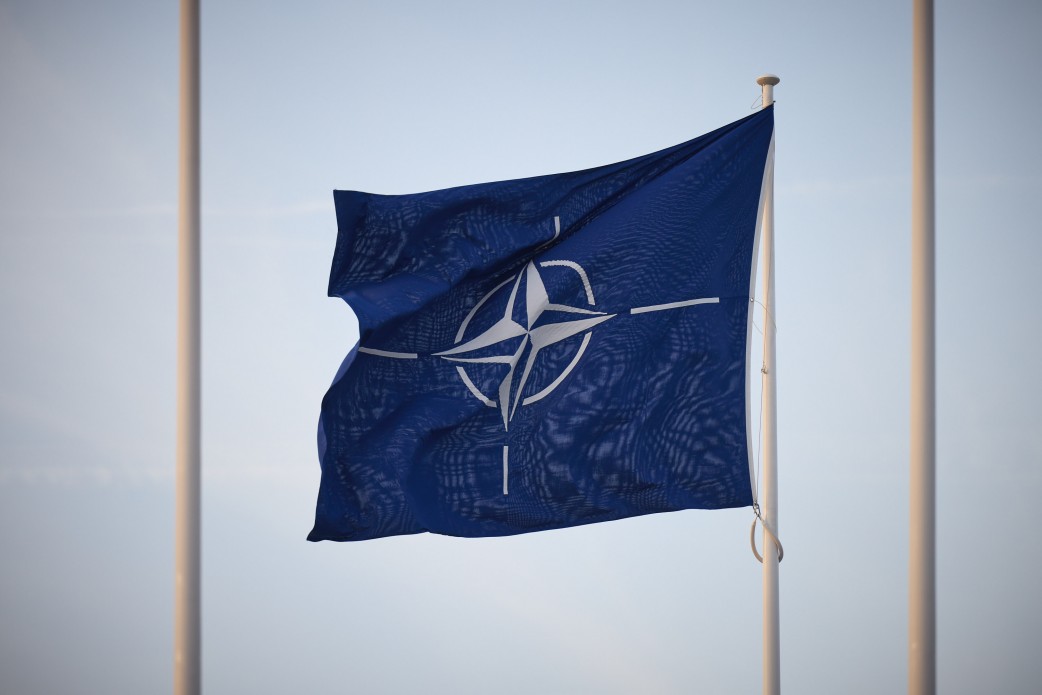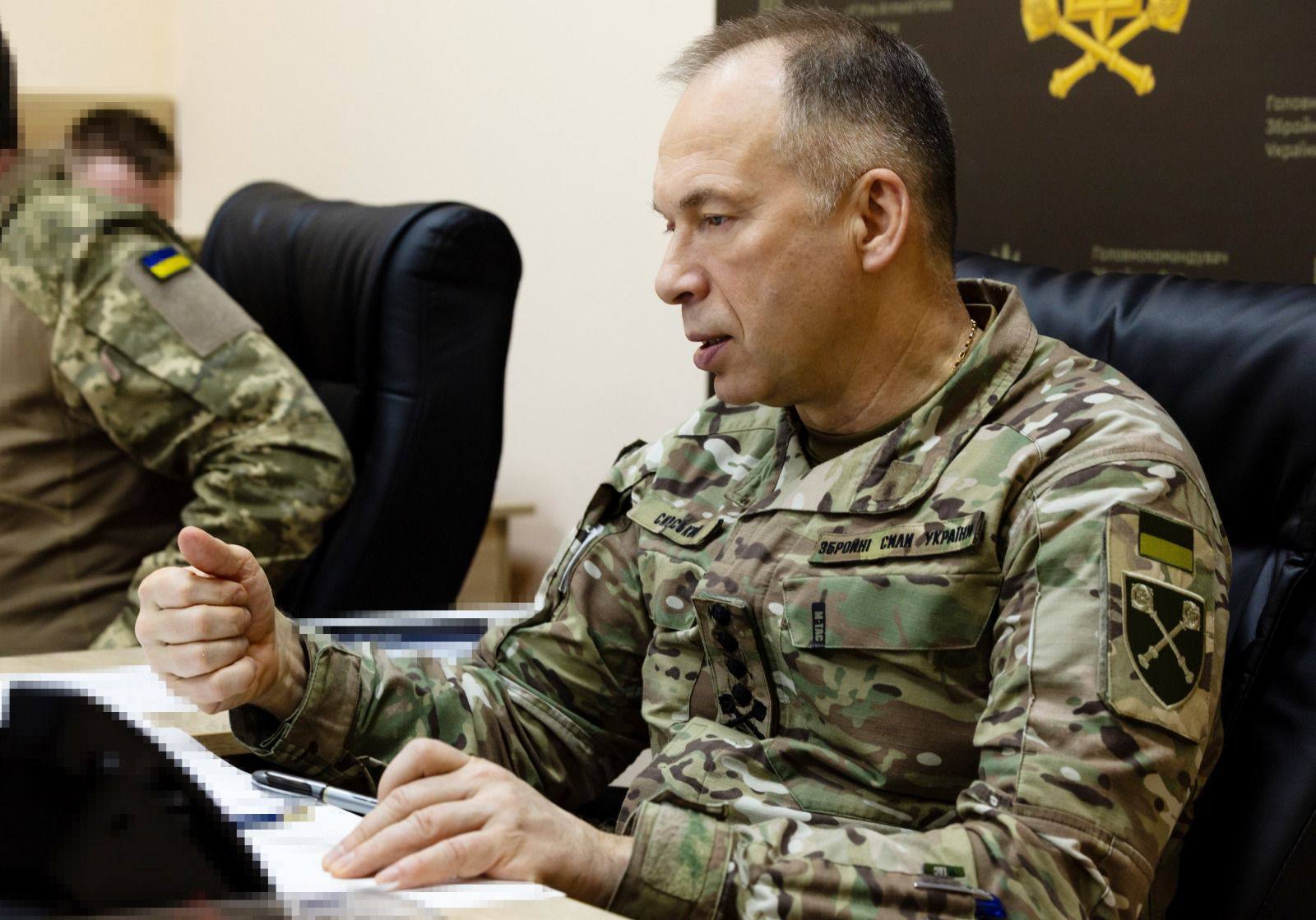Swedish Foreign Minister Tobias Billström stated that NATO countries should strive to create more 'strategic difficulties' to curb Russia's behavior.
The Swedish minister made this statement to Euractiv.
According to him, the first priority should be to stop Russia's aggression against Ukraine, where, according to the head of the Swedish Foreign Ministry, the Alliance is not doing enough.
"We have to understand that Russia is a neighbour that is behaving irresponsibly, which is threatening the world with irresponsible nuclear threats and the idea of recreating its former empire at the expense of independent sovereign states (…) We have to put an end to that. We have to create more strategic difficulties for Russia," said Billström.
As the publication notes, the comments of the Swedish minister partially echo recent statements by French President Emmanuel Macron, who called for 'strategic ambiguity' towards Russia and hinted at the possibility of Western troops entering Ukraine, causing controversy among Western allies.
Billström said that Macron's idea would be too bold for Sweden, which only joined NATO in March.
"Regarding the French proposal to train Ukrainian personnel on Ukrainian soil, it’s not on the table for Sweden," he said, hinting that Stockholm considers debating Macron's comments untimely.
At the same time, the Swedish Foreign Minister emphasized that 'not all countries understand how urgent it is to act' in stopping Russian aggression against Ukraine.
"Those countries need to understand that the conflict is here and that we need to deal with it. NATO is not doing enough for Ukraine," said Billström, adding that Ukraine's armed forces need 'more almost everything.'
According to him, providing Ukraine with more military equipment "is not a matter of industrial potential" but "comes down to political leadership and political will.





















